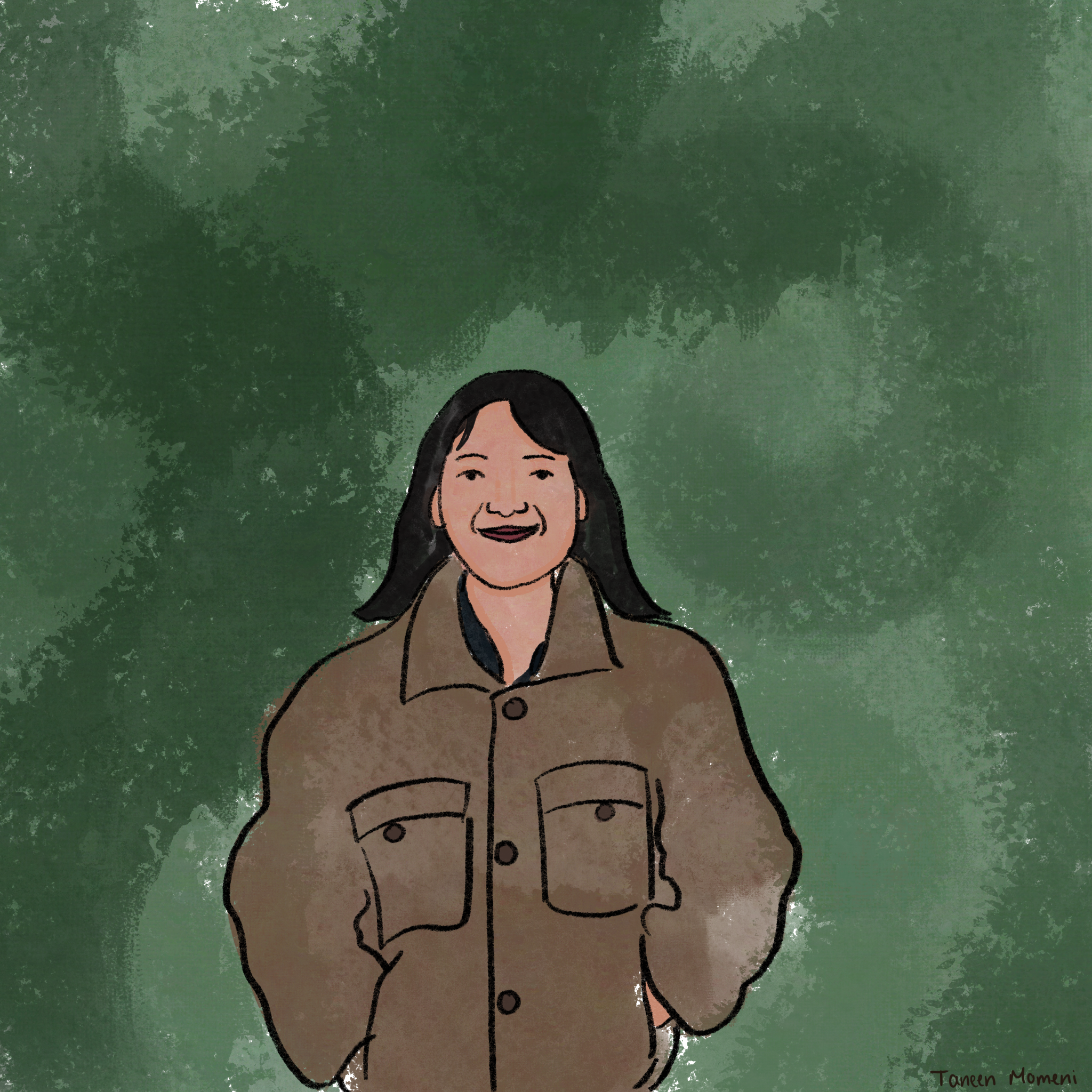The K-pop band BTS closed out Disc 1 of its 2018 album Love Yourself: 結 ‘Answer’ with the song “Answer: Love Myself.” Revolving around BTS members’ struggles with self-love, the lyrics reflect how younger generations in South Korea are shifting away from mental health stigmas and gaining awareness of the importance of self-care.
“Loving myself might be harder / Than loving someone else, let’s admit it / The standards you made are more strict for yourself,” SUGA sings in Korean. As the song continues, Jung Kook sings, “The me of yesterday / The me of today / The me of tomorrow / (I’m learning how to love myself) / With no exceptions, it’s all me.”
In South Korea, older generational stigmas associated with mental health limited conversations about mental health until recently, said NaYeon Yang, a counseling psychology doctoral student at the University of Maryland. But as social media, YouTube videos and television shows become platforms for raising awareness about mental health, younger South Koreans are slowly breaking social taboos to reflect on their own mental health.
“There are a lot of psychiatrists coming out in the media, and they talk about how important mental health is,” Yang said. “They do help people embrace themselves and accept themselves, and making sure that they have a greater understanding of others.”
However, societal and educational structures that place pressure on youth to succeed academically present some of the greatest challenges to youth trying to balance personal happiness with parental and social approval.
[Mental health stories beyond UMD: International students discuss mental health experiences]
After the Korean War in the early 1950s, the country was in turmoil. But in the wake of several national crises – including political corruption, lackluster economic growth and dependency on U.S. aid — education drove South Korea’s rapid development. It became the fairest way to rise economically and socially in Korea.
“The idea of success comes a lot from what college you went to,” said Min Cheong Kim, an information studies doctoral student who was born in South Korea and lived there for most of high school. “What university you went to is very important for the next steps of your life.”
Graduates of South Korea’s top three universities occupy a majority of high-ranking government posts and management positions in Korean business conglomerates, according to a 2018 country profile published by World Education News and Reviews. As such, preparing for college is a strenuous and exhausting process that begins as early as middle school.
Seungji Rhee remembers competition in school from a young age, as students were graded against their peers on a numerical scoring system.
Rhee, an undergraduate business student at Yonsei University in South Korea who studied at this university last fall, said the grades of students who made minimal mistakes dropped dramatically when too many students scored 100 on exams.
“Because you got [a] 0.5 score less than other students, you suddenly become a poorer grade student,” Rhee said. “Which is pretty harsh.”
To get ahead of their peers, students went to hagwons – private after school cram programs — to continue their studies. In 2018, 73 percent of students attended hagwon, with some hagwons ending classes as late as 10 p.m. and pushing for extending operating hours for seniors preparing for the College Scholastic Aptitude Test.
While in high school, Rhee didn’t purchase cellular data, so she could only use her cell phone on Wi-Fi and focus on studying more.
“I sometimes felt like, ‘My gosh, I’m not studying,’” Rhee added. “I’m just like a machine, just trying to get a good score on the test.”
Rhee was so accustomed to the long hours of studying that when she went to college, she struggled with her newfound free time. She felt unproductive and directionless without a goal and then when COVID-19 hit, her free time increased and loneliness began to seep in.
[State corruption and family pressure stifle health progress of rural Pakistani communities]
After feeling depressed, Rhee intentionally started working out and reading books related to mental health and healthy habits.
Not every college student is aware of how to take care of their mental health, Yang noted. However, developing connections with peers to share hardships and receive validation on common struggles can help to normalize discussions about anxiety and depression.
Whether students initiate these conversations with peers, the conversations are already taking place online. Kim watches Korean American Youtubers such as Michelle Choi, who documents how she navigates her 20s through conversations about mental health, including emotional debriefings after her therapy sessions.
As young generations grow up with this positive content online, conversations about self-love and self-care may have an even greater impact on future generations. But for now, Yang hopes students learn how to be themselves rather than solely holding the identity of being a student.
“[Students] tend to value activities that are solely geared to their academic pressures,” Yang said. “So I hope that they would be more mindful of themselves, mindful of taking care of themselves and kind of free from those pressures.”



